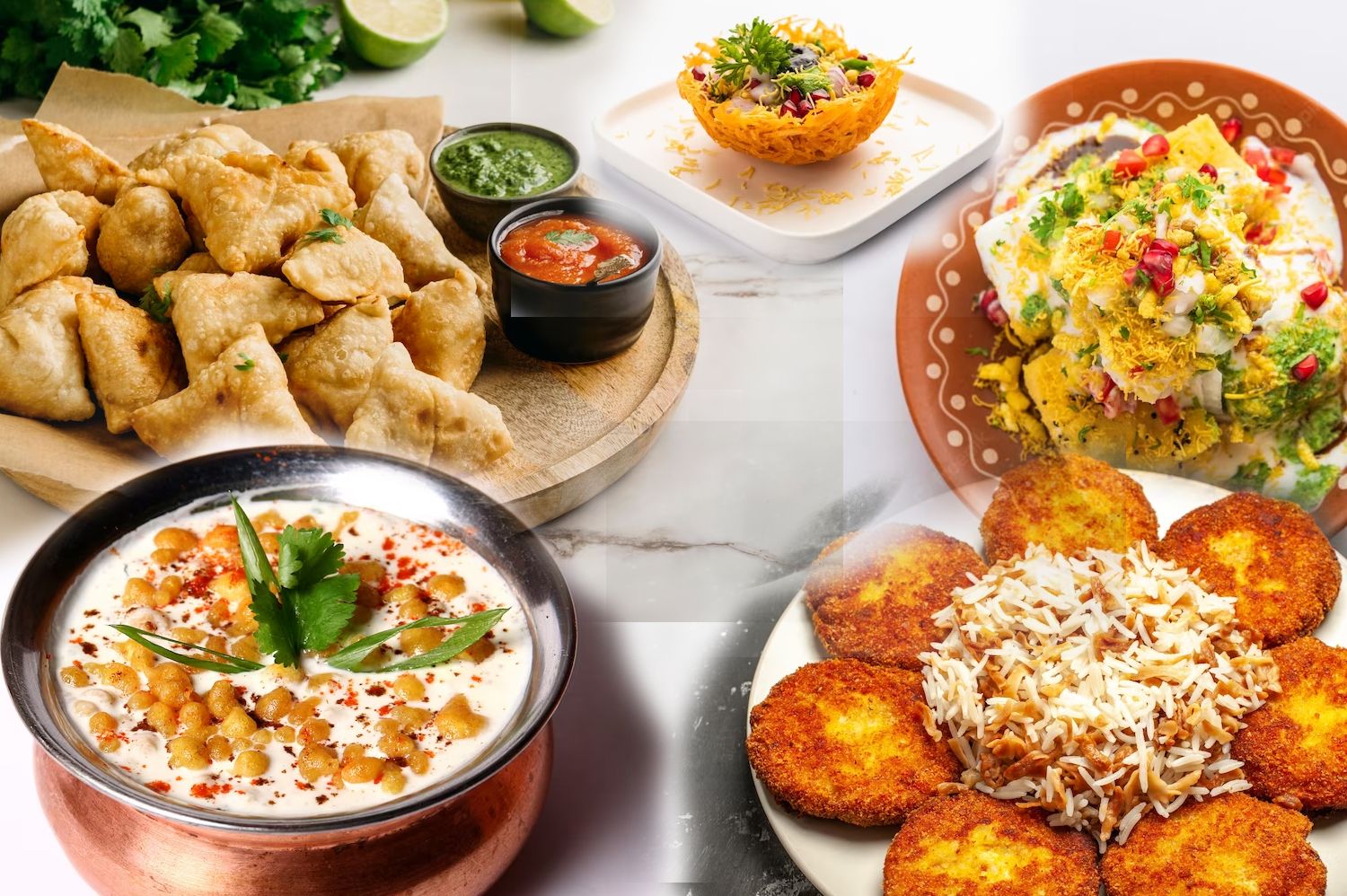Understanding Food Sustainability:
Food sustainability refers to the responsible management of resources to ensure that the current and future generations can access nutritious food without compromising the planet’s health. It encompasses various aspects, including production, distribution, and consumption, all of which play a crucial role in shaping the food system.
The Importance of Ethical Eating:
Ethical eating involves making choices that align with values related to animal welfare, environmental conservation, fair labor practices, and more. By embracing ethical eating, individuals can support a food system that respects both the people who produce our food and the natural world we depend on.
Key Practices for Ethical Eating and Food Sustainability:
- Choose Local and Seasonal Produce: Opt for locally grown and seasonal fruits, vegetables, and other products. This reduces the carbon footprint associated with transportation and supports local farmers.
- Reduce Meat Consumption: Consider adopting a more plant-based diet or practicing “Meatless Mondays.” Reducing meat consumption can significantly lower greenhouse gas emissions and decrease the demand for resource-intensive animal farming.
- Support Sustainable Seafood: When consuming seafood, choose options that are sustainably sourced to prevent overfishing and protect marine ecosystems.
- Minimize Food Waste: Plan your meals, store food properly, and find creative ways to use leftovers. Food waste contributes to landfills and squanders valuable resources.
- Read Labels: Be conscious of labels such as “organic,” “fair trade,” and “GMO-free.” These labels provide information about production methods and ethical considerations.
- Choose Ethical Brands: Support companies that prioritize sustainability and ethical practices in their supply chains. This includes fair wages for workers and environmentally responsible production.
- Grow Your Own Food: If possible, cultivate a small garden or grow herbs indoors. This fosters a deeper connection with your food and reduces the need for resource-intensive agricultural practices.
Benefits of Ethical Eating and Food Sustainability:
Engaging in ethical eating and promoting food sustainability offers a range of benefits, including:
- Reduced environmental impact and greenhouse gas emissions.
- Support for local economies and farmers.
- Enhanced animal welfare and reduced demand for factory farming.
- Improved personal health through increased consumption of whole, plant-based foods.
- Contributing to a more just and equitable food system.
Conclusion:
Exploring food sustainability and ethical eating practices empowers us to make choices that positively influence our well-being and the health of the planet. By adopting responsible food habits, we can contribute to a more sustainable and ethical food system, ensuring a brighter future for generations to come.











